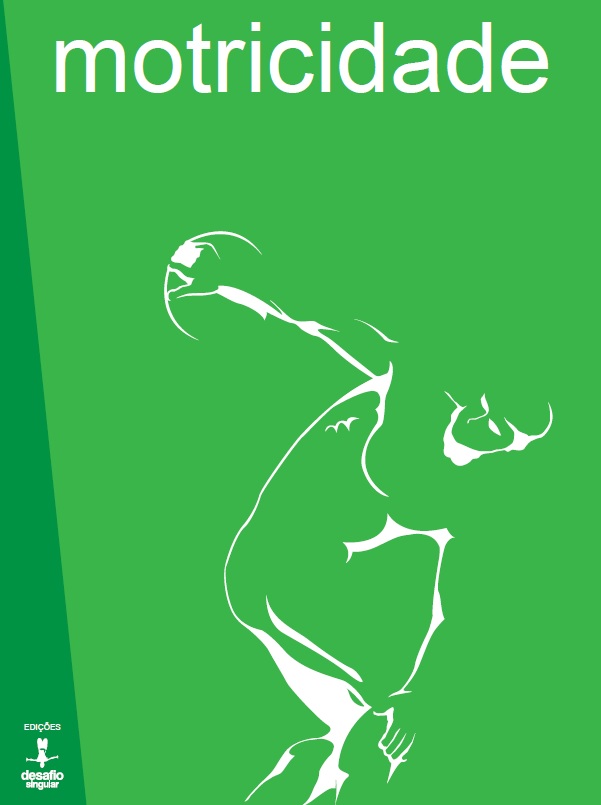Representation of physical activity domains and sedentary behaviors across categories of gender and disability in children’s TV cartoons
DOI:
https://doi.org/10.6063/motricidade.13847Resumo
Television (TV) cartoons could reflect and shape social values about children’s health-related behaviors. The main aim of this study is to analyze the portrayal of physical activity (PA) domains in the most popular Spanish children’s television (TV) cartoons. It is performed a content analysis of each scene following a coding scheme. The sample selected included the five most popular children’s TV cartoons for the 2013-2014 period in Spain. Our results show a large gap between the modest representation of different PA domains compared to the overwhelming depiction of sedentary behaviors. We do not find evidence of males and females participating equally in a variety of PA domains, and we fail to identify any characters with disabilities, reinforcing evidence on their invisibility in different media. Current children’s cartoons in Spain are not adequate regarding promoting healthy behaviors related to PA. While policy makers need to work on limiting sedentary time in pre-schoolers, children, teachers, and parents should be encouraged to develop their critical thinking about the under-representation of health-related behaviors—including PA—on children’s TV cartoons. The study further contributes to the scientific literature by shedding light on the typical health-related behaviors coded in analyses of children’s cartoons.
Downloads
Publicado
Edição
Secção
Licença
Os autores dos manuscritos submetidos para publicação deverão ceder, a título integral e permanente, os direitos de autor (copyright) à revista Motricidade e às Edições Desafio Singular. A cedência de direitos de autor permite a publicação e divulgação do artigo em formato impresso ou eletrónico e entrará em vigor a partir da data de aceitação do manuscrito. Os autores concedem, ainda, os direitos para a revista Motricidade utilizar e explorar o respetivo artigo, nomeadamente para licenciar, ceder ou vender o seu conteúdo a bases de resumos/indexação ou outras entidades.
Nos termos da licença “Creative Commons”, os autores poderão reproduzir um número razoável de exemplares para uso pessoal ou profissional, mas sem fins comerciais. Nos termos da licença SHERPA/RoMEO, os autores poderão, ainda, disponibilizar/arquivar uma cópia digital final (versão postprint) do artigo no seu website ou no repositório científico da sua instituição.

